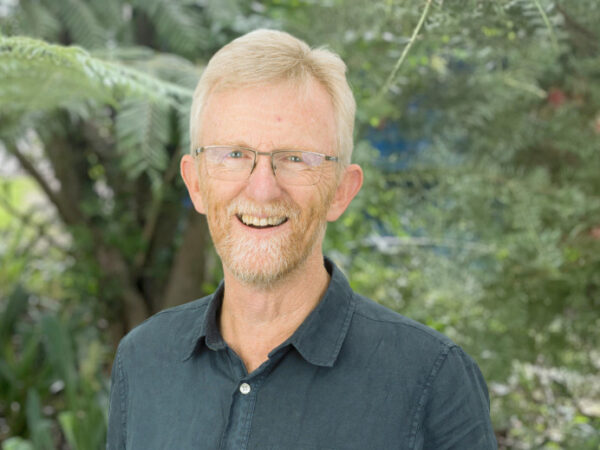David Rees, a Founding Partner of Synergia, has extensive experience working across the public and private sectors. He applied systems thinking to health, social care, and community development, focusing on understanding and changing complex systems. During the Nourishing Hawke’s Bay project, David combined qualitative and quantitative methods to explore the connections between systems thinking and mātauranga Māori.
